Couples Rehab for Drug Addiction: What Are the Treatment Options?
Struggling with addiction is one of the most challenging experiences a person can face, and when both partners in a relationship are grappling with substance abuse, the difficulties can feel insurmountable. However, hope is within reach. Couples Rehabs, located in beautiful Orange County, specializes in providing compassionate, tailored care to help couples reclaim their lives and rebuild their relationships. This comprehensive guide will explore the treatment options for couples seeking rehab for drug addiction, how Couples Rehabs can help, and why their Orange County location offers an ideal setting for recovery.
Why Choose Couples Rehab for Drug Addiction?
Drug addiction can disrupt every facet of life—physical health, mental well-being, relationships, and even financial stability. For couples, addiction often creates a destructive cycle where each partner’s substance abuse fuels the other’s. Choosing a couples-focused rehab program offers a unique opportunity for partners to heal together, fostering mutual support and accountability throughout the recovery journey.
At Couples Rehabs in Orange County, the focus is on treating addiction as a shared experience, offering specialized programs designed to address the needs of both individuals while strengthening their partnership. The serene environment of Orange County provides a peaceful backdrop for healing, making it an ideal location to begin the recovery process.
What Are the Treatment Options for Couples?
Couples Rehabs offers a range of evidence-based and holistic treatment options, ensuring every couple receives personalized care that aligns with their unique needs. Here’s a breakdown of the primary treatment modalities available:
1. Medical Detox
For many couples, the first step in recovery is detoxification. Medical detox helps rid the body of harmful substances in a safe, supervised environment. At Couples Rehabs in Orange County, experienced medical professionals monitor clients around the clock, providing medications and therapies to minimize withdrawal symptoms and ensure comfort.
Benefits of Medical Detox:
- Safe and controlled environment
- Reduced risk of complications
- A solid foundation for the next phase of treatment
2. Inpatient Rehab
Inpatient rehab, also known as residential treatment, is one of the most intensive forms of addiction treatment. Couples live on-site in a structured, distraction-free environment where they can focus solely on recovery. This immersive approach allows for deeper healing and access to 24/7 support.
Key Features of Inpatient Rehab at Couples Rehabs:
- Individual and couples therapy sessions
- Group therapy for shared experiences and mutual support
- Holistic therapies such as yoga, meditation, and art therapy
- Tailored treatment plans addressing both partners’ needs
3. Outpatient Rehab
Outpatient rehab is a flexible option for couples who cannot commit to full-time residential care due to work, family, or other responsibilities. Couples Rehabs offers intensive outpatient programs (IOPs) that combine structured therapy with the freedom to maintain daily obligations.
Advantages of Outpatient Rehab:
- Flexible schedules
- Continued support while transitioning to daily life
- Lower cost compared to inpatient programs
4. Behavioral Therapies
Behavioral therapies are a cornerstone of addiction treatment and are integrated into all programs at Couples Rehabs. These therapies address the root causes of addiction, teach coping strategies, and strengthen communication within the relationship.
Popular Behavioral Therapies Include:
- Cognitive Behavioral Therapy (CBT): Helps identify and change negative thought patterns.
- Dialectical Behavior Therapy (DBT): Focuses on emotional regulation and interpersonal effectiveness.
- Motivational Interviewing (MI): Encourages self-motivation for change.
5. Dual Diagnosis Treatment
Many couples struggling with addiction also face underlying mental health challenges such as depression, anxiety, or PTSD. Dual diagnosis treatment addresses both substance abuse and co-occurring mental health disorders, ensuring comprehensive care.
Why Dual Diagnosis Matters:
- Improves long-term recovery outcomes
- Addresses the root causes of addiction
- Provides tools to manage mental health symptoms
6. Aftercare Planning
Recovery doesn’t end when rehab does. Couples Rehabs emphasizes the importance of aftercare, helping couples create a sustainable plan for long-term sobriety. This includes ongoing therapy, support groups, and relapse prevention strategies.
The Role of Couples Therapy in Addiction Recovery
Couples therapy is a central component of treatment at Couples Rehabs in Orange County. Addiction often damages trust, communication, and intimacy within a relationship. Through professional guidance, couples can rebuild their bond and develop healthier dynamics.
How Couples Therapy Helps:
- Improves communication skills
- Rebuilds trust and emotional connection
- Addresses codependency and enabling behaviors
- Sets shared goals for recovery
Therapists at Couples Rehabs are experienced in navigating the complexities of addiction-related relationship challenges, ensuring that both partners feel supported and heard.
The Importance of Location: Why Orange County?
The location of a rehab center plays a significant role in the recovery experience. Orange County, known for its stunning beaches, sunny weather, and tranquil atmosphere, provides the perfect environment for healing. The natural beauty of the area fosters relaxation and encourages self-reflection, both critical elements of the recovery process.
Couples Rehabs in Orange County leverages this idyllic setting to create a welcoming, nurturing space where couples can focus on their journey to sobriety without distractions.

What Makes Couples Rehabs Unique?
Tailored Programs for Couples
Unlike traditional rehab centers that cater to individuals, Couples Rehabs specializes in treating couples as a unit. This unique approach strengthens relationships while addressing the individual needs of each partner.
Experienced and Compassionate Staff
The team at Couples Rehabs in Orange County includes licensed therapists, addiction specialists, and medical professionals who are passionate about helping couples achieve lasting recovery. Their expertise and empathy create an environment of trust and safety.
Holistic Approach
Recovery isn’t just about quitting drugs—it’s about rebuilding a fulfilling life. Couples Rehabs integrates holistic therapies into their programs, addressing the physical, mental, and emotional aspects of healing.
Community Support
Clients at Couples Rehabs benefit from a strong sense of community. Group therapy sessions and alumni programs ensure couples never feel alone in their recovery journey.
Frequently Asked Questions (FAQs) About Couples Rehab for Drug Addiction
1. What is couples rehab, and how does it differ from individual rehab?
Couples rehab is a specialized form of addiction treatment designed for partners who are both struggling with substance abuse. Unlike individual rehab, couples rehab focuses on treating addiction within the context of the relationship. Programs include couples therapy, joint treatment plans, and strategies to improve communication and rebuild trust. This approach not only addresses individual recovery but also strengthens the bond between partners, fostering a supportive environment for long-term sobriety.
2. What are the benefits of attending rehab as a couple?
Attending rehab as a couple offers several unique benefits, including:
- Mutual Support: Partners can motivate and encourage each other throughout the recovery process.
- Improved Communication: Couples therapy helps rebuild trust and resolve relationship conflicts.
- Unified Goals: Both partners work toward a shared goal of sobriety.
- Prevention of Relapse Triggers: Joint treatment identifies and mitigates triggers specific to the relationship dynamic.
By tackling addiction together, couples can create a stronger foundation for a healthier future.
3. What treatment options are available for couples at Couples Rehabs in Orange County?
Couples Rehabs in Orange County offers a variety of evidence-based and holistic treatment options, including:
- Medical detox for safe withdrawal management
- Inpatient (residential) and outpatient programs
- Individual and couples therapy
- Behavioral therapies such as CBT and DBT
- Dual diagnosis treatment for co-occurring mental health issues
- Holistic therapies like meditation, yoga, and art therapy
- Aftercare planning for long-term sobriety
These programs are tailored to meet the unique needs of each couple, ensuring comprehensive care.
4. Can one partner receive treatment if the other isn’t ready for rehab?
Yes, Couples Rehabs accommodates situations where only one partner is ready to begin treatment. The partner in rehab will receive individualized care, and counselors can work with them to develop strategies for encouraging their significant other to seek help. This approach ensures that progress can still be made, even if both partners don’t enter rehab simultaneously.
5. What happens during couples therapy in rehab?
Couples therapy is a cornerstone of treatment at Couples Rehabs. During these sessions, a licensed therapist helps partners:
- Address the root causes of addiction
- Rebuild trust and strengthen emotional intimacy
- Learn effective communication techniques
- Identify and change harmful behaviors, such as enabling or codependency
- Develop a shared plan for maintaining sobriety after rehab
Therapists provide a safe space for open dialogue, helping couples navigate the complexities of addiction recovery together.
6. Does insurance cover couples rehab programs?
Many insurance plans cover addiction treatment, including couples rehab programs. Couples Rehabs in Orange County works with various insurance providers to verify coverage and minimize out-of-pocket expenses. The admissions team can assist in understanding your benefits and exploring financing options to ensure treatment is accessible and affordable.
7. How long does couples rehab typically last?
The length of a couples rehab program depends on the severity of the addiction and the specific needs of the couple. Most programs range from:
- 30 days: Short-term, intensive care for mild to moderate addiction
- 60 days: Comprehensive care for more complex cases
- 90 days or more: Extended care for severe addiction or co-occurring disorders
Couples Rehabs offers personalized plans to provide the right level of care for each couple.
8. What is the role of aftercare in couples rehab?
Aftercare is a critical component of lasting recovery. Couples Rehabs emphasizes the importance of aftercare by providing:
- Relapse prevention strategies
- Access to support groups such as 12-step meetings or couple-focused recovery groups
- Ongoing individual and couples therapy
- Resources for sober living arrangements
These services help couples maintain their sobriety and navigate post-rehab challenges successfully.
9. Are children or family members involved in the rehab process?
Family involvement can be an essential part of recovery, especially if children or close relatives are affected by the couple’s addiction. Couples Rehabs offers family therapy sessions to:
- Address the impact of addiction on loved ones
- Improve family dynamics
- Foster a supportive home environment for recovery
This holistic approach ensures that the entire family can heal and grow together.
10. Why is Orange County an ideal location for couples rehab?
Orange County offers a serene, picturesque environment that is highly conducive to healing and recovery. The region’s sunny weather, beautiful beaches, and tranquil atmosphere provide a peaceful backdrop for treatment. Additionally, Couples Rehabs in Orange County is staffed by experienced professionals who combine evidence-based therapies with the unique benefits of this calming location. Clients can focus on recovery in a distraction-free setting while enjoying the natural beauty of Southern California.
Taking the First Step with Couples Rehabs in Orange County
Deciding to seek help for drug addiction is a brave and life-changing step. For couples, entering rehab together offers a chance to heal not just as individuals but as partners. Couples Rehabs in Orange County provides the tools, support, and compassionate care needed to turn that first step into a lifelong journey of recovery.
The road to recovery is challenging, but you don’t have to walk it alone. Reach out to Couples Rehabs in Orange County today to learn more about their innovative programs and how they can help you and your partner reclaim your lives. Together, you can build a future free from addiction.
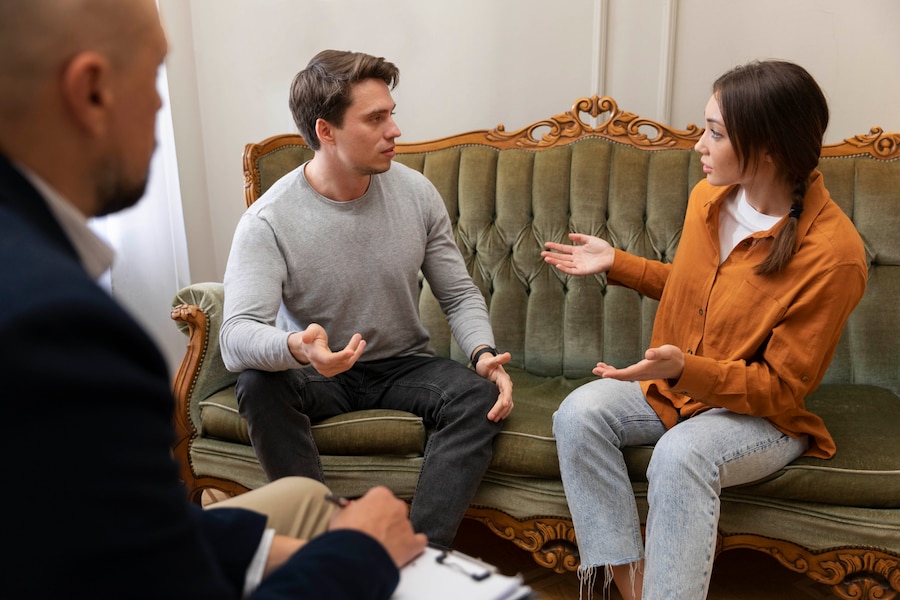



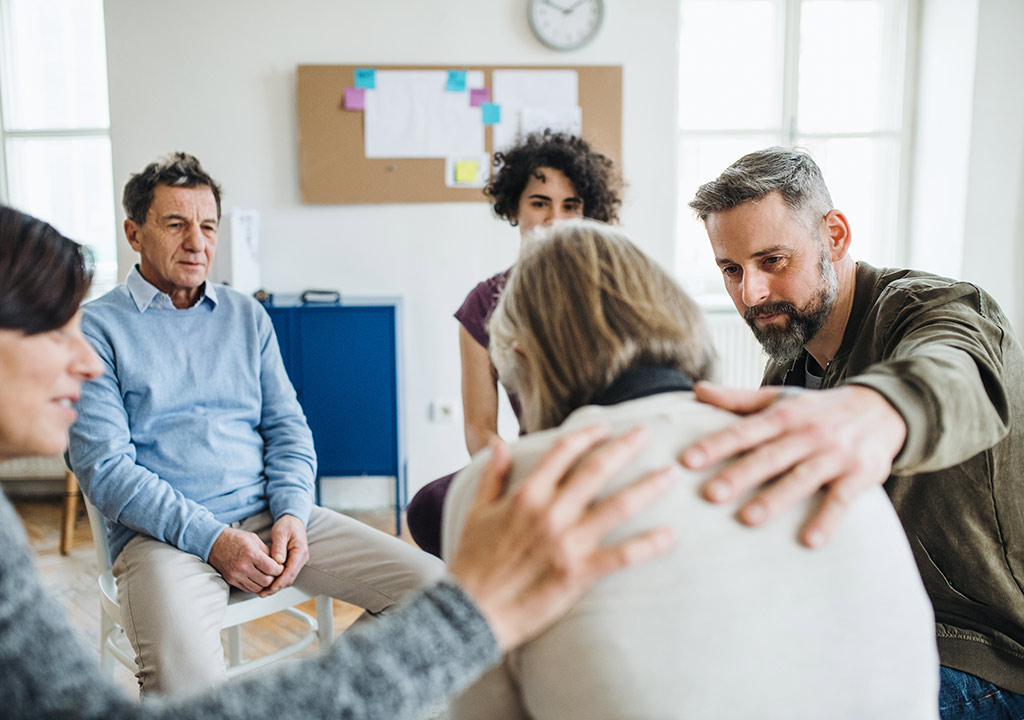
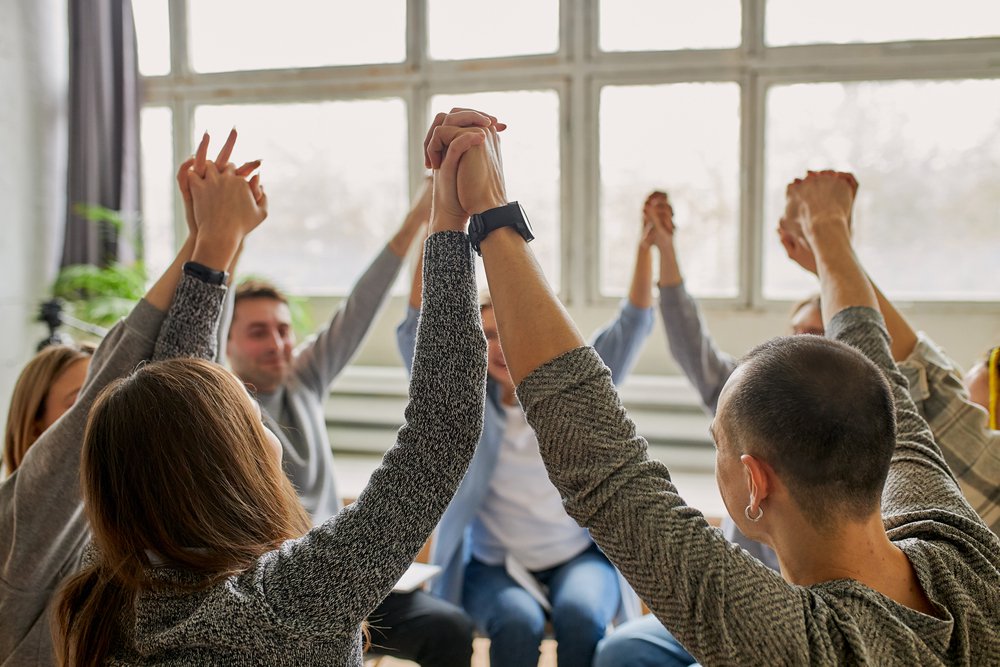
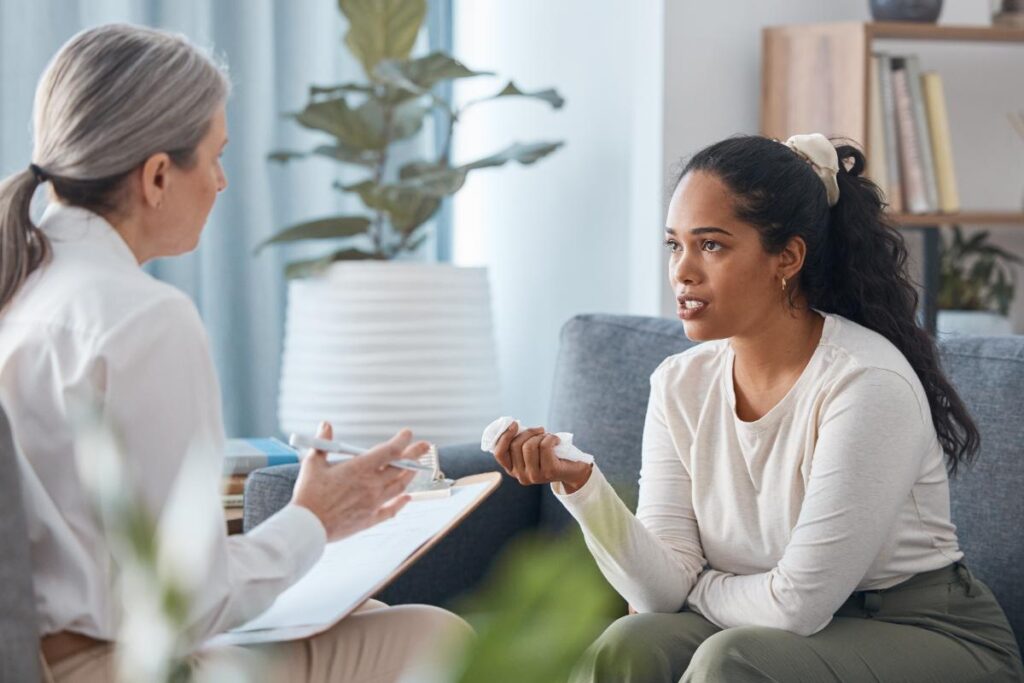


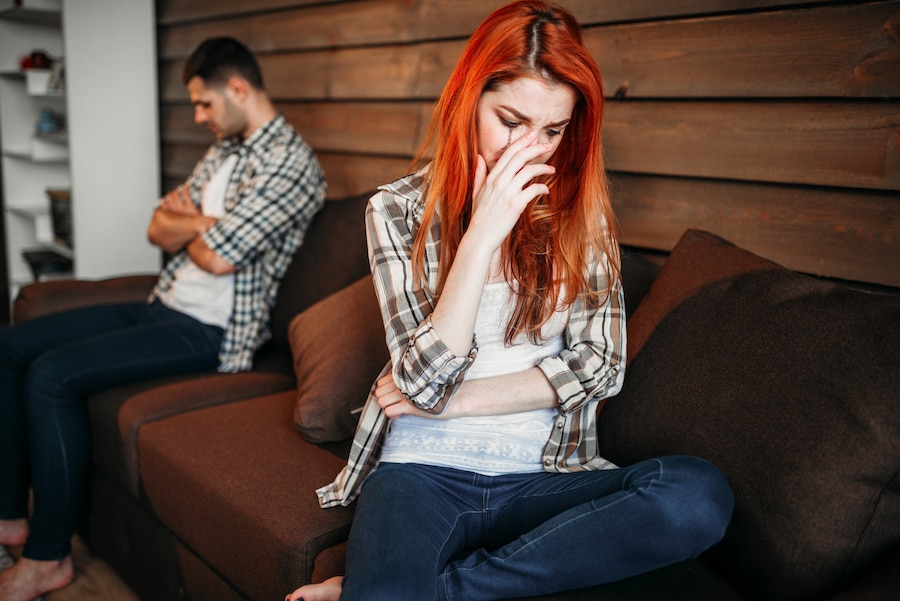


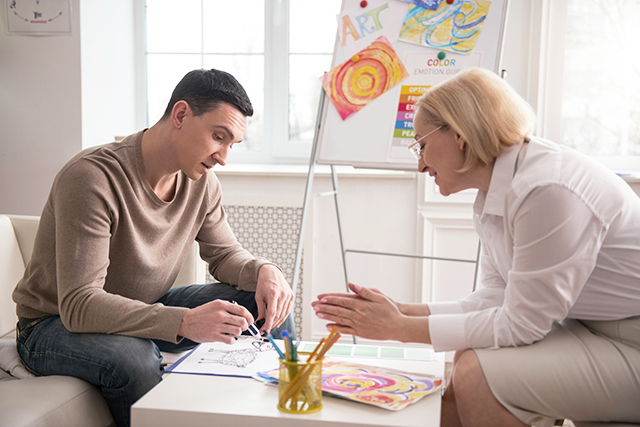




Recent Comments